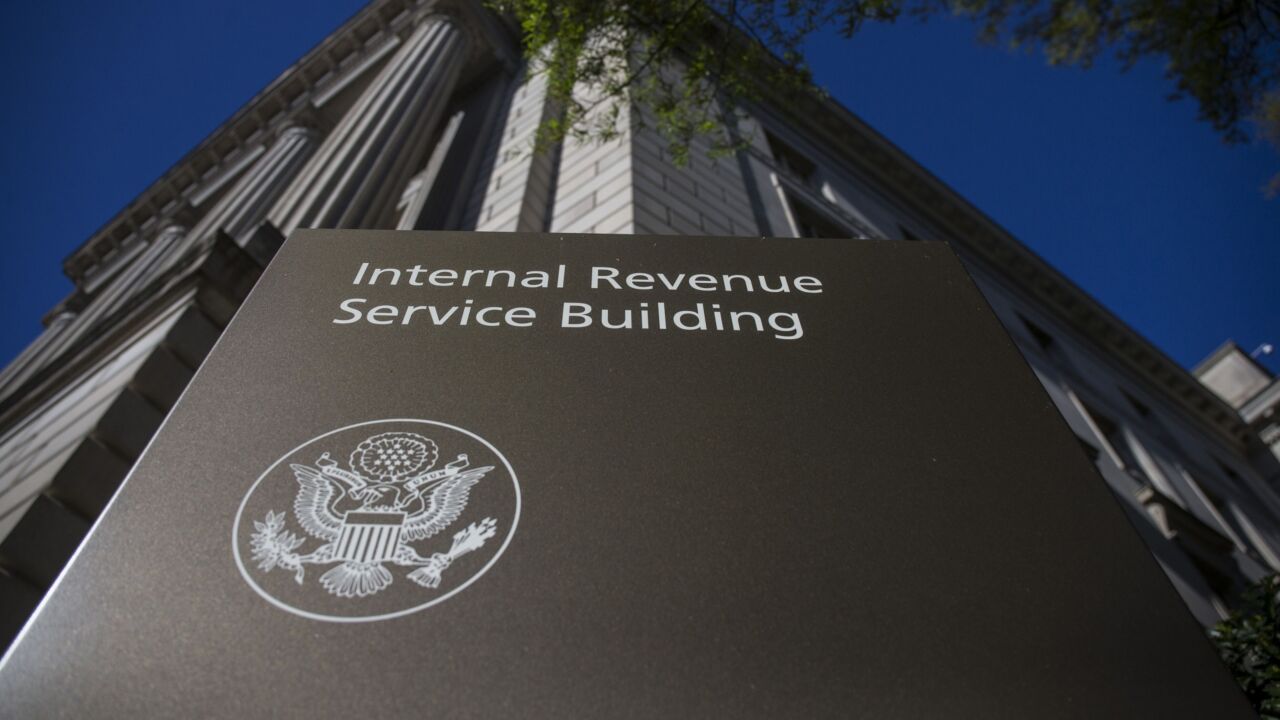WASHINGTON — The Office of the Comptroller of the Currency announced Tuesday that it would move ahead to consider special-purpose charter applications from fintech firms, ending the guessing game over whether the agency was serious about giving fintechs a federal option.
The decision, unveiled just hours after the Treasury Department
The OCC had first proposed the charter under former Comptroller Thomas Curry, but the plan faced numerous obstacles — including resistance from state regulators — and it was still unclear for months whether current Comptroller Joseph Otting would go forward with the plan.

“The federal banking system must continue to evolve and embrace innovation to meet the changing customer needs and serve as a source of strength for the nation’s economy,” Otting said in a press release. “The decision to consider applications for special purpose national bank charters from innovative companies helps provide more choices to consumers and businesses, and creates greater opportunity for companies that want to provide banking services in America.”
The Conference of State Bank Supervisors had sued the OCC last year in an attempt to block the charter, but a federal district court dismissed the case this year, since the OCC had not yet made a decision on whether to grant the charter. A similar case brought by the New York State Department of Financial Services was also dismissed.
Both the CSBS and the New York agency sharply criticized the plan on Tuesday.
"An OCC fintech charter is a regulatory train wreck in the making," said John Ryan, president and CEO of the CSBS, in a press release. "Such a move exceeds the current authority granted by Congress to the OCC. Fintech charter decisions would place the federal government in the business of picking winners and losers in the marketplace. And taxpayers would be exposed to a new risk: failed fintechs."
Maria Vullo, superintendent of the N.Y. DFS, issued a statement blasting the OCC fintech charter.
“DFS believes that this endeavor, which is also wrongly supported by the Treasury Department, is clearly not authorized under the National Bank Act,” Vullo said. “A national fintech charter will impose an entirely unjustified federal regulatory scheme on an already fully functional and deeply rooted state regulatory landscape.”
In the announcement Tuesday, the OCC stressed that a fintech charter “is only one option among many” at both the state and federal level. Some state regulators separately began joining together in a pilot launched earlier this year to offer a uniform standard for fintechs to get licensed across multiple states.
“Providing a path for fintech companies to become national banks can make the federal banking system stronger by promoting economic growth and opportunity, modernization and innovation, and competition,” Otting said. “It also provides consumers greater choice, can promote financial inclusion, and creates a more level playing ground for financial services competition.”
The OCC fintech charter also has many requirements that might make it difficult for fintech firms, particularly startups, to get approval.
The OCC said the firm must not only meet all the capital and liquidity requirements of a traditional bank but must also submit a stress testing plan and will face “heightened supervision” like other de novo banks.
One key area the OCC clarified is that fintech applicants will have to prove how they would address financial inclusion. Consumer groups have raised concerns in the past that fintechs would not be required to meet the same equal lending requirements as banks.
“To address some of these differences, companies seeking a [fintech] charter . . . will be expected to make a commitment to financial inclusion and develop and adhere to a contingency plan that includes options to sell, wind down, or merge with a nonbank affiliate, if necessary,” the OCC said in its licensing manual released Tuesday.
Several industry groups praised the OCC's move on Tuesday.
"The OCC's existing bank chartering authority is a key tool to modernize banking regulation for the digital age in the area of lending," said Nat Hoopes, executive director of the Marketplace Lending Association. "For banking regulation and supervision to keep pace with new technologies, there clearly need to be viable on-ramps for innovative companies that want to become banks."
Jason Oxman, CEO of the Electronic Transactions Association, said the decision "will create a consistent and uniform regulatory framework."
"This type of clarity benefits everyone by ensuring that industry, customers and regulators are operating from the same rules and expectations," Oxman said.
The OCC also clarified that the fintech charter does not require deposit insurance from the Federal Deposit Insurance Corp., keeping in line with a recommendation made by the Treasury earlier that day.
“Treasury recommends that the OCC move forward with prudent and carefully considered applications for special purpose national bank charters,” the Treasury said in its report on regulating nonbanks. “OCC special purpose national banks should not be permitted to accept FDIC-insured deposits, to reduce risks to taxpayers.”
The Treasury added that the Federal Reserve should also determine if OCC-chartered fintech banks should get access to the payments system.
“With this report, the U.S. Treasury has now officially endorsed the creation of a federal bank charter for fintech firms,” said David Klein, CEO and co-founder of CommonBond, before the OCC’s announcement. “The charter is expected to drive competition and choice for consumers, by allowing innovation to reign supreme and benefit the end consumer over time.”
The OCC also released a licensing manual for fintech firms applying for a charter. The application must first go through a 30-day comment period and the OCC said it will aim to make a decision on an application within 120 days.





